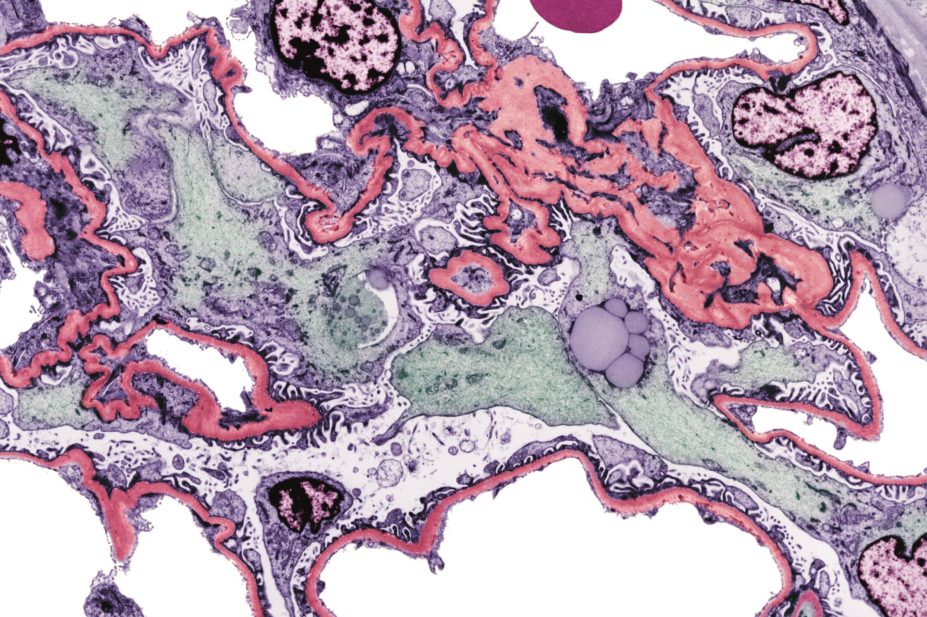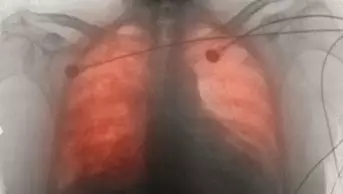
Steve Gschmeissner / Science Photo Library
Proton pump inhibitors (PPIs), which treat acid reflux and indigestion, are one of the most commonly prescribed classes of drugs. However, increasing evidence has linked PPIs with acute kidney injury and nephritis.
Now two studies presented at ASN Kidney Week in San Diego, California, suggest PPIs could be contributing to the growing prevalence of chronic kidney disease (CKD).
One study followed 10,482 people for 12–15 years and found those taking PPIs at baseline were 50% more likely to develop CKD than non-PPI users[1]
. Meanwhile, a second study found that among 71,516 people, those who had ever taken PPIs were 10% more likely to develop CKD over a seven-year follow-up period than those who had never taken them[2]
.
The researchers say that PPIs, which are frequently prescribed off-label, should therefore only be used when necessary.
References
[1] Lazarus B, Chen Y, Wilson FP et al. Proton pump inhibitor use is associated with incident chronic kidney disease. Presented at: ASN Kidney Week 2015, 3–8 November, San Diego, California
[2] Arora P, Golzy M, Gupta A et al. Proton pump inhibitors are associated with increased risk of development of chronic kidney disease. Presented at: ASN Kidney Week 2015, 3–8 November, San Diego, California.


